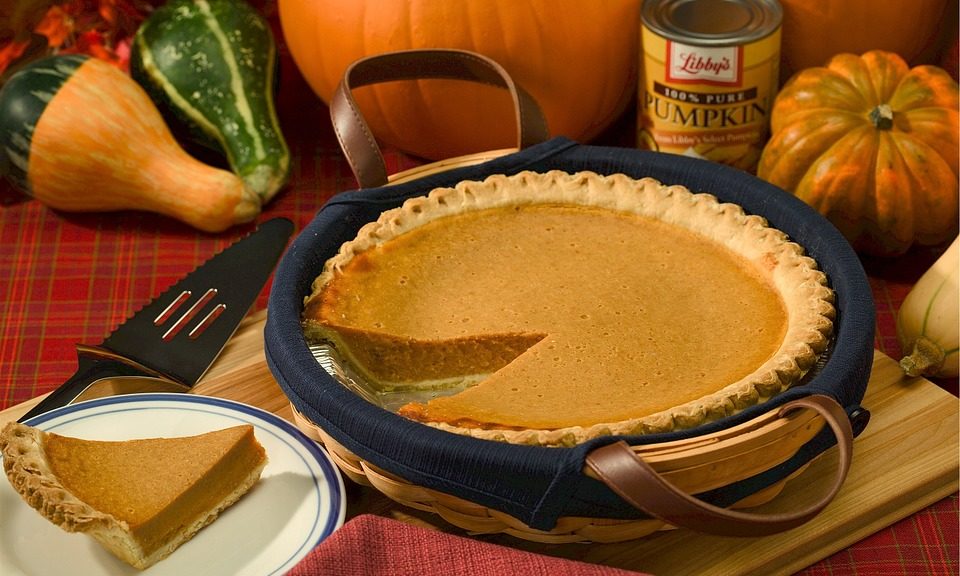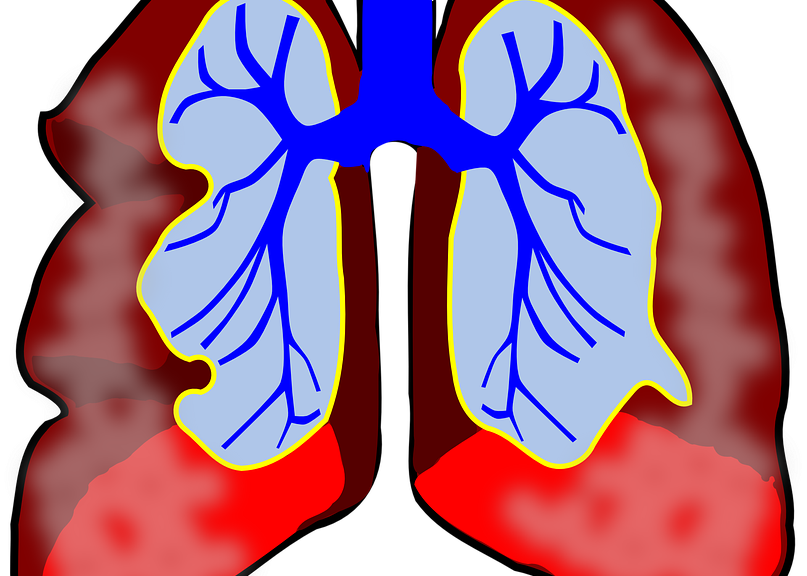Thanksgiving is tomorrow! This means huge portions of cranberry sauce, roasted turkey, honey-baked ham, mashed potatoes with gravy, and lots of pie. However, these mouth-watering indulgences can do a number to your waistline, with the average American gaining almost a pound of bodyfat from mid-November to mid-January. Obviously, this is not an ideal number if you are focused on becoming your healthiest and happiest self. Portion control is a concept that is practiced by many a health-conscious person during traditional periods of overeating, such as the holidays. Generally speaking, our portion sizes tend to vastly outweigh the recommended serving sizes during the holiday season, which leads to “food comas” and weight-gain. If you follow a few of the recommendations in this post, holiday weight gain can be a thing of the past.
Eyeballing Your Portions
If you aren’t one of those people that carries a food scale with them everywhere, knowing exactly how much you eat can be tricky. Generally speaking, eyeballing your food isn’t the most effective way to measure a portion, but it is much better than blindly filling a plate with as much food as it can carry. Three ounces of meat usually looks like a deck of playing cards, while a ½ cup of pasta or potatoes looks like ½ of a tennis ball. The calories can add up quickly, especially with foods high in fat and carbs like buttery pasta or a high-sugar item such as pumpkin pie.
Eat Your Greens
Filling up with high-fiber foods such as green vegetables, carrots, whole foods, and lean meats can mitigate much of the weight gain that people experience during the holidays. These high-fiber foods fill up your belly fast, leaving less room for thirty slices of pecan pie. Green vegetables are also high in minerals, vitamins, and antioxidants, which will leave you feeling healthy during the holiday season.
Small Plates
Sometimes portion control can be equated to an optical illusion; if you put the same amount of food on a small plate and a big plate, you’ll think that there is more food on the smaller plate. Having large plates are a great method for fitting three cups of mashed potatoes and a pound of turkey, but not such a great idea for weight maintanence. Often called the “small plate movement”, this mode of thinking can help you cut down on excess calories during a feast.
Listen to Your Body
Your Body
We all know the feeling of being stuffed and then reaching for an additional slice of pumpkin pie. Pay attention to how full you feel. Being stuffed and bloated is not the best option, as it leaves less room for connecting with family and more room for passing out on the floor somewhere. By controlling portion sizes and listening to your body, you can have a fantastic feast without a painful stomach ache.
Patient Assistance Programs
If you need help paying for your prescriptions this holiday season and you are uninsured or under-insured, Rx Assistance Programs can help! We have helped thousands of individuals enroll in patient assistance programs, which can save you hundreds of dollars on overly-expensive medications. To meet the guidelines for these programs, a patient applying will typically need to be in a financial hardship, have limited prescription insurance, and must be a U.S. citizen or resident. If you think you qualify, contact us today! Happy holidays from all of us here at Rx Assistance Programs.



 disposed condition during early childhood in which there was a tendency to develop allergies, having parents who suffer from asthma and contracting respiratory infections or certain viral infections during childhood. If you suffer from asthma, limiting your exposure to certain environmental triggers is your best bet. Avoid smoking/second-hand smoke, heavily polluted areas, chemical fumes, construction dust/debris, and obesity. All of these factors can increase the severity of asthma. If you’re not sure if you have asthma or not, but are suffering from certain respiratory impairments, read on.
disposed condition during early childhood in which there was a tendency to develop allergies, having parents who suffer from asthma and contracting respiratory infections or certain viral infections during childhood. If you suffer from asthma, limiting your exposure to certain environmental triggers is your best bet. Avoid smoking/second-hand smoke, heavily polluted areas, chemical fumes, construction dust/debris, and obesity. All of these factors can increase the severity of asthma. If you’re not sure if you have asthma or not, but are suffering from certain respiratory impairments, read on.